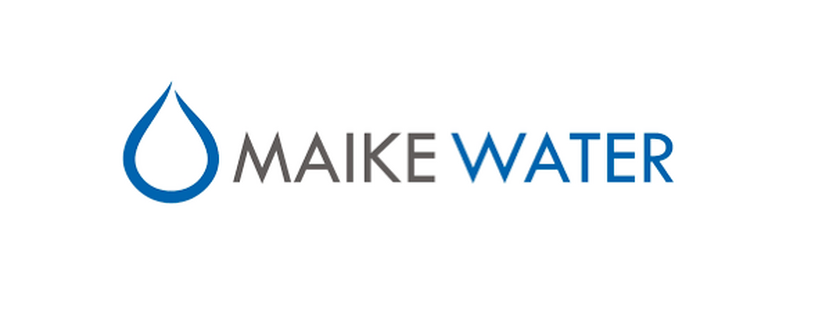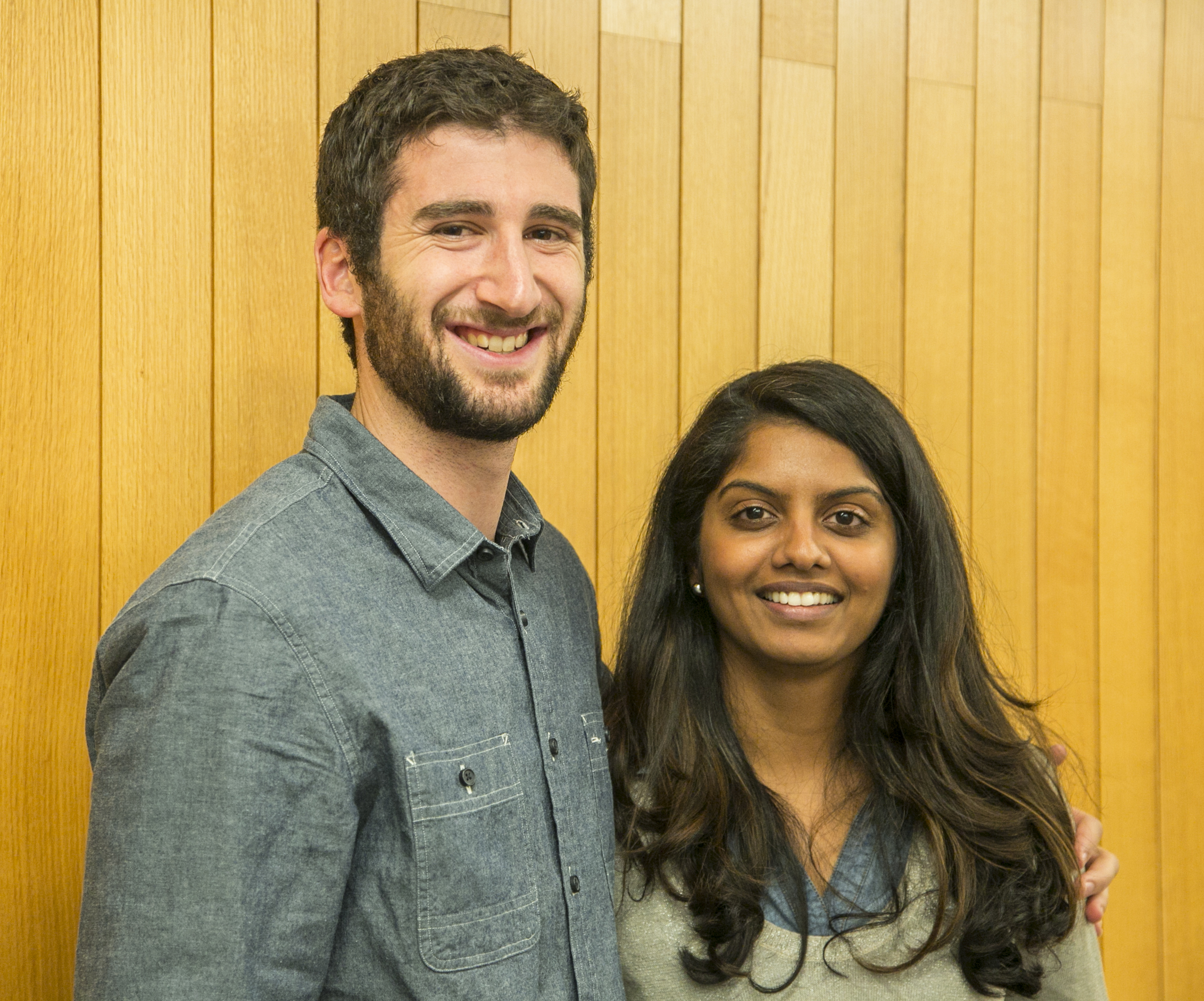Sobotka Stories: Maike Water
Insights from Sobotka Seed Stage Grant Recipients

The Sobotka Seed Stage Success Stories will introduce you to former recipients of the grants who share their experience and perspective. The Yale Center for Business and the Environment is proud of its alumni and aspires to build a robust entrepreneurial community around sustainability ideas.
We recently caught up with Michael Warady (F&ES/SOM ‘17), who together with Rupal J. Patel (F&ES ‘16) won the 2015 Sobotka Seed Stage Venture Grant

for their entrepreneurial business idea, Maike Water. The grant funding helped catalyze a prototype and demonstrate Maike Water’s conceptual idea to generate a predictive data analytics platform to estimate the salinity fluctuations within the oceans natural water levels.
By predicting the salinity levels, Maike Water can optimize the timing of desalination brine discharges back into the ocean after completing a reverse osmosis process in order to minimize environmental harm within the ocean. This is achieved by gathering tens of thousands of data points through the data analytics platform. Plant operators of reverse osmosis facilitates can effectively use the platform to discharge brine back into the ocean with the least environmental degradation.
In addition, the grant allowed Maike Water to hire a computer programmer and data analytics expert. These two positions allowed Maike Water to begin gathering additional sets of proprietary data while also developing a more accurate predictive model of natural ocean salinity fluctuations. Without the Sobotka grant, Maike Water would have had to spend significant amounts of time searching for funding in order to push the venture past the ideation stage.
Besides winning the grant funding, Michael also leveraged the additional resources that the CBEY community offers. As Michael aptly put it, “It was invaluable meeting with communications tutors such as Julie Vance and in-house entrepreneurs such as Peter Boyd, as I worked towards harnessing the ‘message’ I was defining, while also working on the technology development.”
Michael has two primary pieces of advice for future environmental and social entrepreneurs at Yale.
- First - be diligent with the understanding that the ‘worth’ of an enterprise is much more difficult to prove than creating a user-friendly interface and platform.
- Second - leverage all the human capital resources available at Yale. The vast majority of entrepreneurship throughout the USA is unrelated at the nexus of the environment and society. Yale’s position is unique in that there is a strong focus on this area, so take advantage of the centers, mentors and programs the university has to offer.